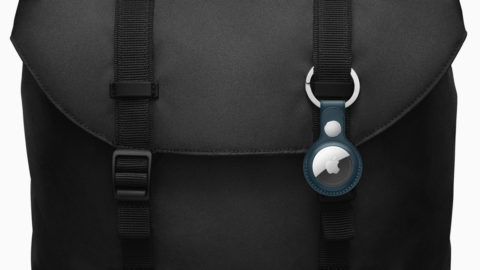AirTags can be incredibly useful for keeping tabs on easily lost valuables. Clip one to your keys, laptop bag, or airport luggage, and you can use Apple’s global Find My network to track down anything that goes missing. But despite Apple’s best security efforts, AirTags and other Bluetooth trackers can be abused by criminals and stalkers to follow a person or package without their knowledge. Similar crowdsourced finding networks exist for other platforms and gadgets besides Apple’s, and they’re plagued with much the same security problems.
It’s a serious privacy issue, and one that Apple currently combats by sending an alert to any iPhone that travels with an unfamiliar AirTag for several hours. But that doesn’t protect Android users, and it does nothing for those being followed with non-Apple tracking gadgets. Ideally, you’d need universal protections built into the core of both iOS and Android, with support for other popular location trackers such as those made by Samsung and Tile.
Good news: that’s exactly what’s just been proposed by Apple and Google as they launch a joint initiative to stop unwanted tracking.
Although we’re unlikely to see software changes until next year, it’s great to see two rivals of the smartphone world working together to create an industry specification that would benefit practically everyone. Their proposal would create a cross-platform spec that could be used by iPhone and Android users alike, in essence combining the finding networks for the purpose of alerting people when they’re suspected of being tracked.
“Apple launched AirTag to give users the peace of mind knowing where to find their most important items,” said Ron Huang, Apple’s vice president of Sensing and Connectivity. “We built AirTag and the Find My network with a set of proactive features to discourage unwanted tracking — a first in the industry — and we continue to make improvements to help ensure the technology is being used as intended. This new industry specification builds upon the AirTag protections, and through collaboration with Google results in a critical step forward to help combat unwanted tracking across iOS and Android.”
The proposal would also require third-party trackers to implement the specification, with Samsung, Tile, Chipolo, eufy Security, and Pebblebee all expressing support already. There will be several rounds of feedback and testing through 2023, with the intention to put the proposal into practice early 2024.


